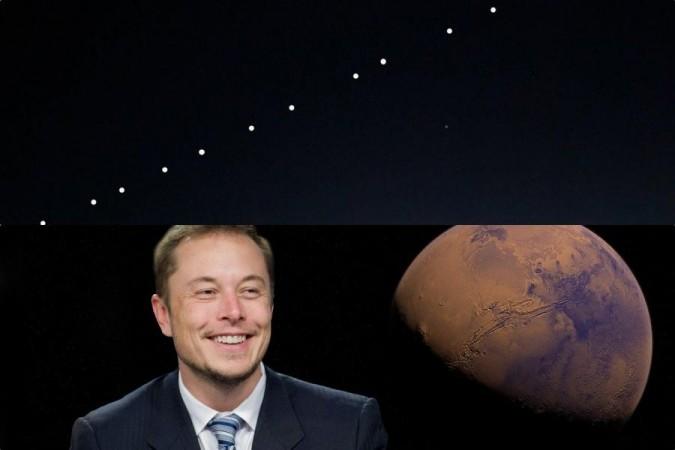From pursuing the Mars colonization mission to launching an array of Starlink satellites, Elon Musk is undoubtedly one of the greatest visionaries in modern science. Apart from having a strong scientific temper, Musk also possesses immense wealth worth $150 billion, which allows him to pursue his dreams in an unflinching manner. As Musk continues his journey, Stephane Israel, head of Arianespace, one of SpaceX's competitors has warned that the South African billionaire's company is threatening the "de-facto monopolization" of space.
Starlink received authorization
The comments from Stephane Israel come at a time when Elon Musk's Starlink constellation received authorization from the Federal Communications Commission to provide broadband from space. The authorization also allows SpaceX to place thousands of satellites lower than previously proposed.

The new development has irked competitors like Amazon, and they believe that lower altitude satellites could increase the risk of space collisions and will heighten radio interference.
Elon Musk monopolizing the space industry
"We want space to remain accessible for human activities... but we refuse a Wild West space. It really is our responsibility to ensure that low orbit (less than 1,000 kilometers or 625 miles) above the Earth is sustainable long-term," Stephanie Israel told a UN-sponsored conference in Geneva on sustainable space development goals.
He also added that SpaceX alone has already deployed 1,677 satellites as a part of the Starlink program, while the number of satellites sent to the earth's orbit since 1957 is just 9,000.
"SpaceX has already deployed 1,677 satellites for Starlink, which means that today, of all satellites in operation, 35 percent belong to one man, Elon Musk. And if you include satellites of more than 50 kilograms, that's more than 50 percent," asserted Stephane, Phys.org reports.
A few months back, the Royal Astronomical Society had warned that Elon Musk's Starlink constellation could negatively affect stargazing.
"The deployed networks could make it much harder to obtain images of the sky without the streaks associated with satellites, and thus compromise astronomical research," said Royal Astronomical Society in a statement.
Amid mounting pressure from various corners, Musk's space missions are steadily progressing. Recently, Elon Musk expressed his wish to visit Mars, despite narrow chances of survival. He had also assured that the future government on Mars will be based on direct democracy.















